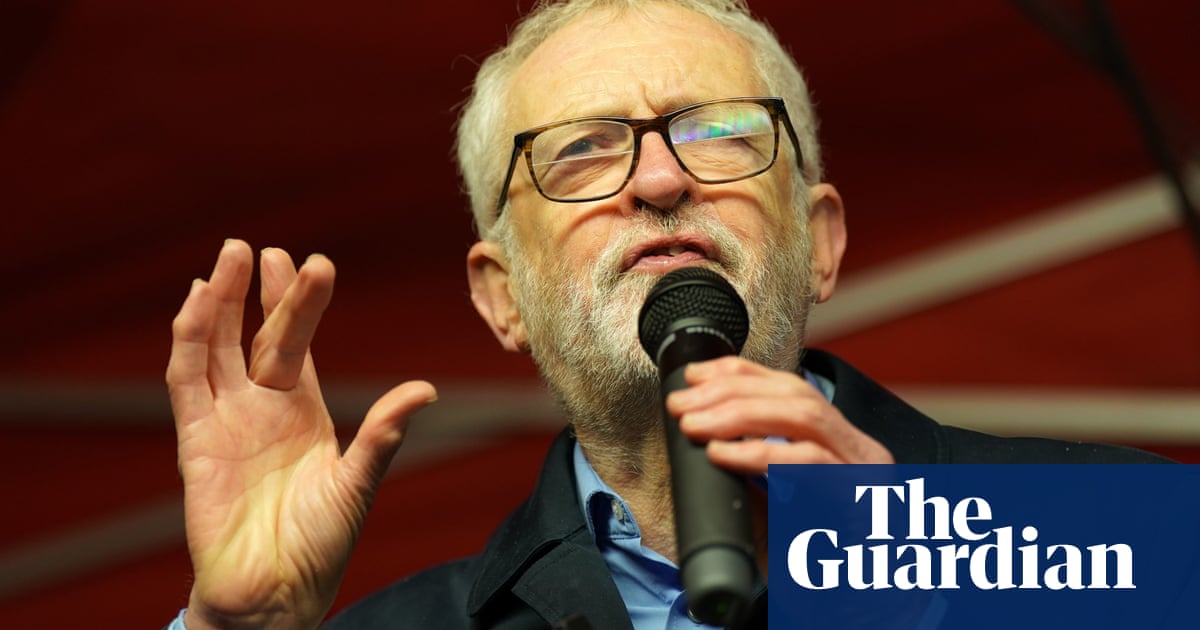
The north of England will be the principal battleground in the next general election, according to research that also concluded that there is no evidence of a southern “blue wall” ready to fall.
The study by the Onward thinktank suggested that Labour could regain 31 seats in the north, Midlands and north Wales if 2019 Conservative voters switched back to their preferred party but as a result only three southern seats would change hands.
The analysis found that 60% of battleground seats at the next election will be in northern England compared with 20% in the south and the Conservatives have a chance to gain ground in most of these seats.
Constituencies that could be at risk of falling to the Tories include Normanton, Pontefract and Castleford where the shadow home secretary, Yvette Cooper, is an MP, and the former Liberal Democrat leader Tim Farron’s seat Westmorland and Lonsdale.
Researchers said there is no indication that a southern blue wall will fall in the same way the red wall did in the 2019 election.
It also forecast that 49 seats in London and the south-east are drifting away from the Tories and could fall in two or three elections’ time.
Will Tanner, director of Onward and former deputy head of policy to Theresa May, said: “The next election, like the last, will be won in the north of England. While the South is steadily becoming less Conservative over time, there is no blue wall waiting to fall across the home counties in two years’ time.
“But there are dozens of traditional Labour seats in the north that could yet switch.”
The analysis, which deployed the same methodology that identified the red wall in 2019, also found that 36 additional northern Labour seats would be vulnerable to the Tories at the next general election if overall vote share is in line with three years ago.
Onward also found that the proposed Lib Dem-Labour pact would be insufficient for Sir Keir Starmer’s party to win a majority and the Conservatives would probably remain the largest party.
It said that even in the scenario of a perfectly coordinated electoral pact – in which the second-placed party takes all the voters of the other – the Conservatives would still hold 321 seats while Labour would win 233 seats and the Lib Dems would have 24.
James Blagden, chief data analyst and head of Onward’s Future Politics programme, said: “The heart of the Tory party has been shifting northwards for the last 30 years.
“That trend is set to continue. But the greatest short-term concern for the Conservatives should be backsliding in the red wall, losing their iconic 2019 gains, and putting their majority at serious risk.”
“The Conservatives stand on shaky ground, with their 2019 gains not yet secure and traditional southern heartlands slowly drifting away.”
Meanwhile, separate research concluded that an election today would result in the Tories losing 164 seats, while only nine per cent of people polled said they believe that Boris Johnson “tells the truth”.
The prime minister and ten cabinet members would be on course to lose their seats if voters went to the polls now, according to the MRP model projection which maps polling results on to every seat in the country.
Researchers also found that the Tories would lose 164 seats, leaving them with 201, and Labour would have 352 seats, a gain of 150, with an overall majority of 14.
The JL Partners poll of 4,500 people and the seat projection put Labour on 45 per cent of the vote, 13 points ahead of Boris Johnson’s party with the Lib Dems on 11 per cent.












